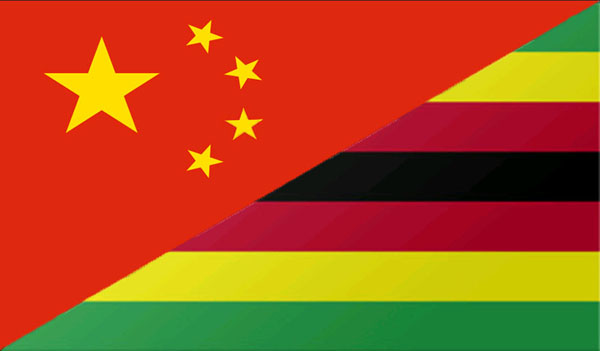China’s strategy in Africa has been largely based on resource extraction and is generally characterized by offering mostly yuan denominated loans in exchange for permitting Chinese state-owned enterprises access to resources. Although this approach has precipitated some benefit to African countries, including countries such as Zimbabwe, the advantage is often squarely in China’s favor. Most jobs related to these investments are given to Chinese workers that are relocated into Africa and loans are often given to ineffectual or corrupt governments, without any conditions relating to better governance practices.

Image: Rory Boon (Altered from original)
As China’s economy slows, and rebalances from investment driven growth to consumption, so too will its demand for resources. This could harm political regimes in Africa that have grown dependent on Chinese resource extraction deals. However, the fact that Chinese leaders are visiting Africa this month indicates that China still considers a strategic role in Africa advantageous. Xi Jinping will likely be seeking new markets for Chinese manufactured goods, access to cheaper labor and production capacity, and securing precious metals, such as Zimbabwe’s gold, diamonds and other minerals that are in consumer manufacturing.
As Chinese demand cools, so too will its investment in Africa. China’s Ministry of Commerce believes that Chinese investment in Africa has fallen 40% so far this year. That being said, China continues to be Africa’s largest trading partner and still requires a vast amount of resources to fuel its economy. Aside from economic interests, China would like to see its sphere of influence expanded to include resource-rich industrializing countries, as demonstrated by the Xi Jinping’s monetary pledge for the African Union’s defense force, as well as the deployment of a Chinese infantry battalion in oil-rich South Sudan.